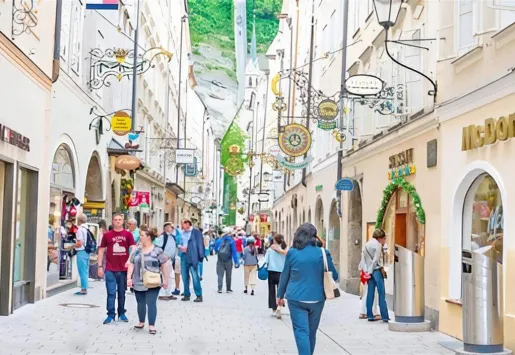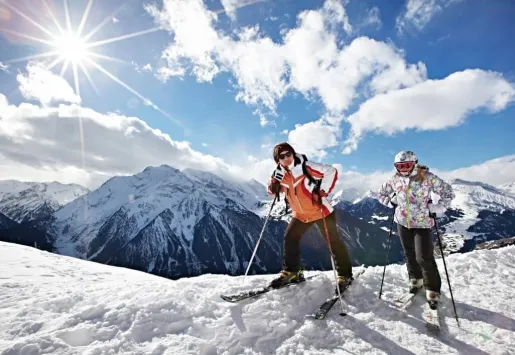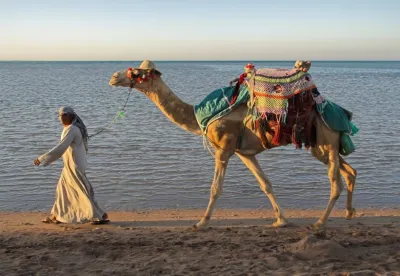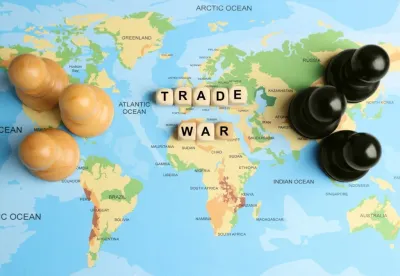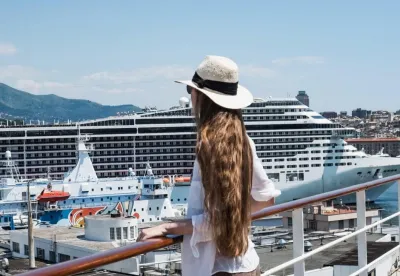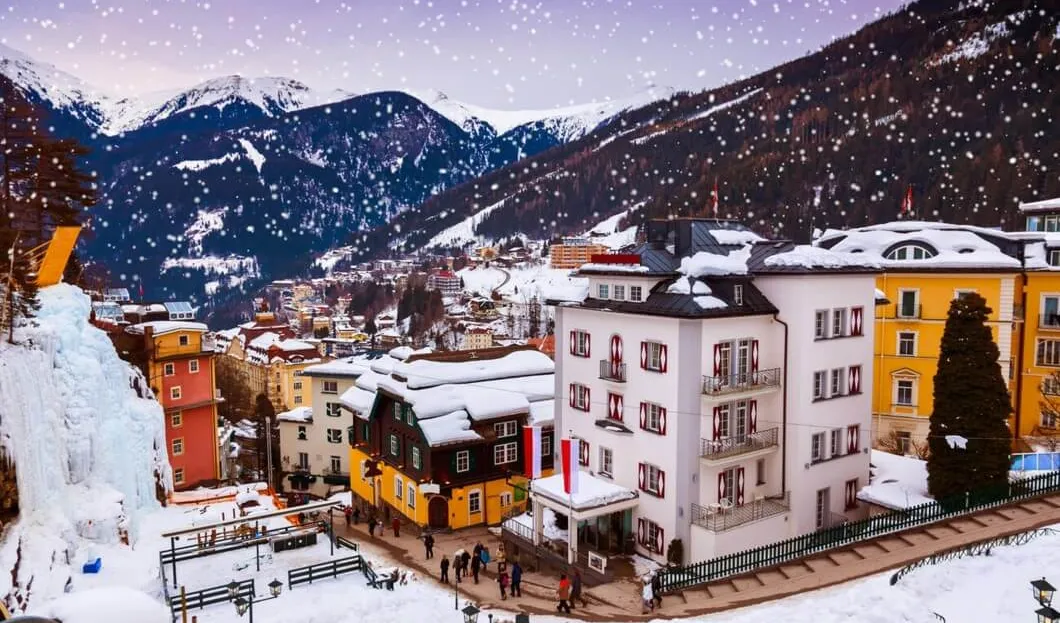
Despite the lack of snow in recent weeks, the tourism industry in the Alps is optimistic about the upcoming high season in February. Due to falling temperatures and current snowfalls, things are looking "very good" for February, when traditionally many German vacationers spend their winter vacations in the Alps, said Martin Stanits of the Austrian Hoteliers Association.
Hotels in Austria expected seasonal sales to be about the same as in the pre-Corona year of 2019, while the state marketing organization Switzerland Tourism reported a three percent year-on-year increase in overnight stays for the season to date, despite unusually mild temperatures.
However, images of narrow artificial snow slopes on green mountain meadows are likely to become more common in the future as a result of climate change. In the medium term, a good number of ski resorts would face serious problems due to decreasing snow volumes, says economist Anna Burton.
According to government weather experts Geosphere Austria, since 1961, there has never been so little snow covering a small part of Austria between Christmas and the first week of January as there was at the turn of the year 2022/2023.
But at low altitudes, it is becoming increasingly difficult to offer snow-covered slopes. According to Burton of the Austrian Institute of Economic Research (Wifo) in Vienna, about 70% of Austria's ski resorts are at or below 1,700 meters - with a temperature increase of 1.5 degrees by 2050, continuous winter operations can no longer be guaranteed there, she said, referring to figures from the UN's Intergovernmental Panel on Climate Change (IPCC).
"This means that in the medium term, we have a problem in the majority of ski resorts," she said. The number of daily visitors is also declining with uncertain snow conditions, she added, which affects the hotels in Austria. Inflation could further hurt tourism sales. According to a Wifo survey, half of German and Austrian winter vacationers want to spend nominally at most the same amount or less this season than last.




